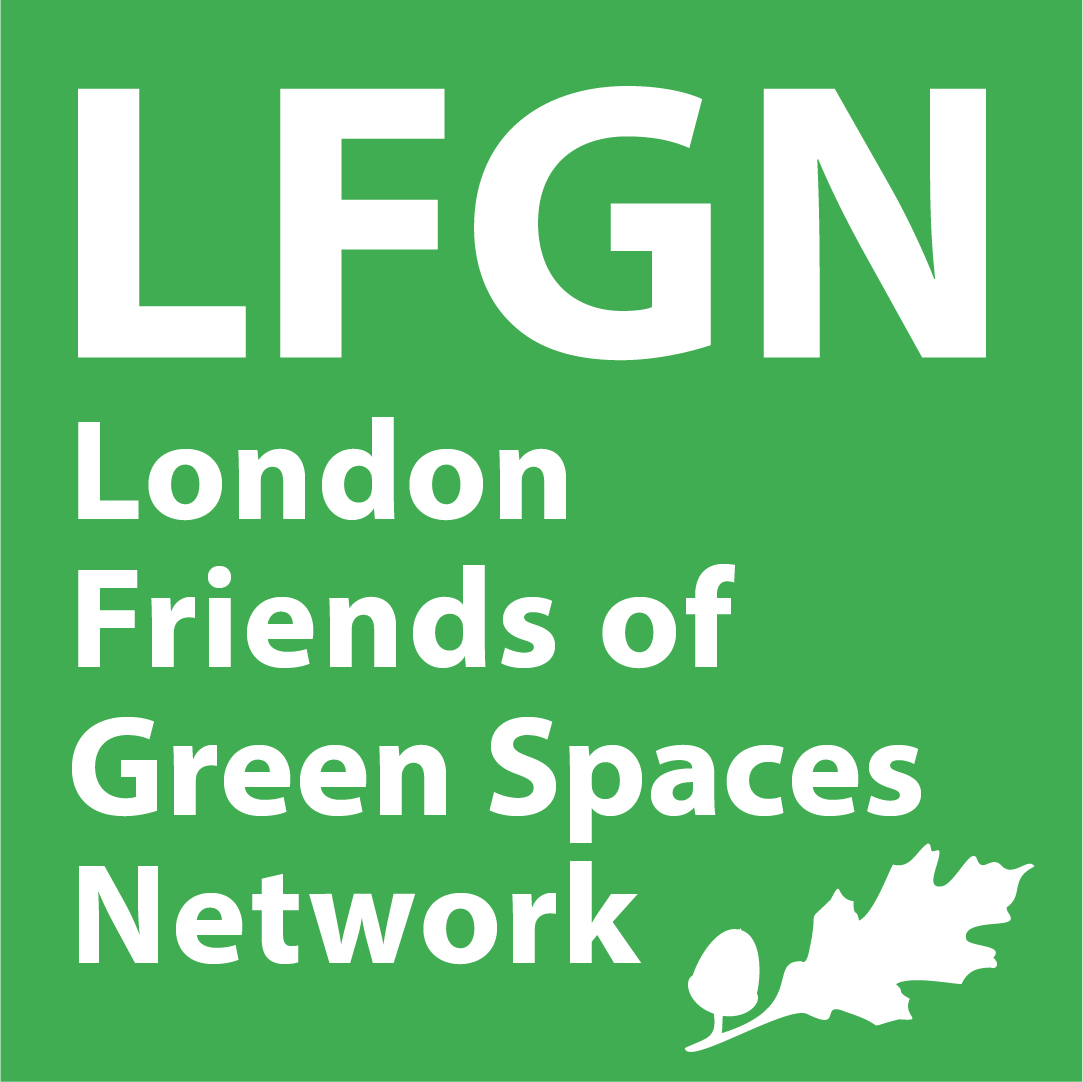Tactics useful for fighting Land grabs
- Financial support needed. Crowdfunding a useful method.
- Petitions and pledges – 38 Degrees is a petitioning site making it easy to campaign to mobilise public.
- CPRE (see below) will offer publicity support for campaigns
- Public awareness could be raised during local elections
- Lobbying councils essential
- Use of Freedom of Information Act to find out info
- Registering as Assets of Community Value
- Public meetings and PR
- Gather support from across London, other local Parks and LFGN.
- Make campaigns positive not just negative.
- Be prepared and determined for a long and hard fight in many cases!
LFGN decision: Council exploitation of parks and land grabs are increasing. It was agreed that a mutual support group for any park threatened could be formed to discuss and share ways of fighting threats to public parks in London. Ideal campaigns would be based on the positive messages of the benefits and uses of parks for local people. Could look at ways to mobilise and execute campaigns to protect parks when threatened. Volunteers to join this potential group included David Bogle, C Farrell and Adrian S. Meanwhile Adrian happy to help do LFGN campaigning bulletins.
Other tactics: Fields in Trust has the aim of protecting parks by ‘in perpetuity’ Deed of Dedication covenants agreed with landowners (around 10% of the UK’s public spaces are already covered by such agreements). They can also provide guidance. They have done a survey of threats to parks and their report recommended that there should be statutory protection of parks and equity of provision. We in the LFGN are calling for landowners of all London’s 3,000 public green spaces to agree such covenants – Friends Groups can lobby for this. Councils eg Hammersmith and Fulham, are considering covenanting their parks en masse.
Several examples of where CPRE support for projects helped. They publish regular reports and bulletins, with more planned in 2018.
Planning policies need to be scrutinised carefully and local people made aware of any policy proposals threatening local spaces so the public can be urged to object. Local MPs can be helpful during campaigns.
Green Flag Awards can help to show a green space is well managed.
Round table comments from individual park groups included:
a) Wandsworth Common: The Council has given a private nursery on the edge of the common use of a public building. The Friends went to judicial review – the judge ruled that the common is publicly owned for the recreation of the people and not for private, commercial use. Any money raised should be ploughed back into the common. The cost to the Friends was £65,000, of which £35,000 must be reimbursed by the Council to the Friends/residents. So more crowd-funding needed. This important judgement is the online website of Parks for London.
b) Clapham Common: The Council is allowing large commercial events to be held on the Common and parts of the Common are blocked off to the public. The Councils consultation was shoddy. Also, local houses with gardens adjoining the Common are trying to extend their gardens into it. Friends groups could get advice on using the law relating to registering sites as Assets of Community Value if these problems continue.
c) Tower Hamlets. Friends group reported that a Community Centre next to a Park had been sold off by the Council.
d) Royal Hill Garden in Greenwich Friends reported that a derelict piece of land had been turned into a small community garden when Greenwich had tried to get planning permission to build housing. A campaign led by the park users fought off the challenge but it is likely that the Council will try again.
e) Finsbury Park. Another case of large commercial ‘cash cow’ events being held in the Park throughout the summer. The Friends group fought and lost an appeal against the scale and impact, despite it breaching specific act of parliament in 1967 which protects London’s parks. Crowd funding was raised to fund the appeal – more needed as further legal action planned due to London-wide importance.
f) Bromley. Several tall blocks are planned and Council aimed to transfer some park land without public consultation. Havelock Rec Friends won a reprieve and the Council backed down.
g) Havering (Dagnam Park). The Council wanted to put huge solar panels on a wide area of protected land but residents campaign was successful. 200 other sites proposed for wind turbines on parkland (Bedfont park included) but Council backed down due to opposition.
h) Lordship Rec is co-managed by the park user groups and the Council, protected by Fields In Trust and a contract with the Lottery, and a 1,400-member Friends Group. Despite all this in the Borough’s draft Development Plan housebuilding was threatened on one third of the park. There was uproar, 250 people attended a public meeting and hundreds sent in objections – the Council dropped the plan.

